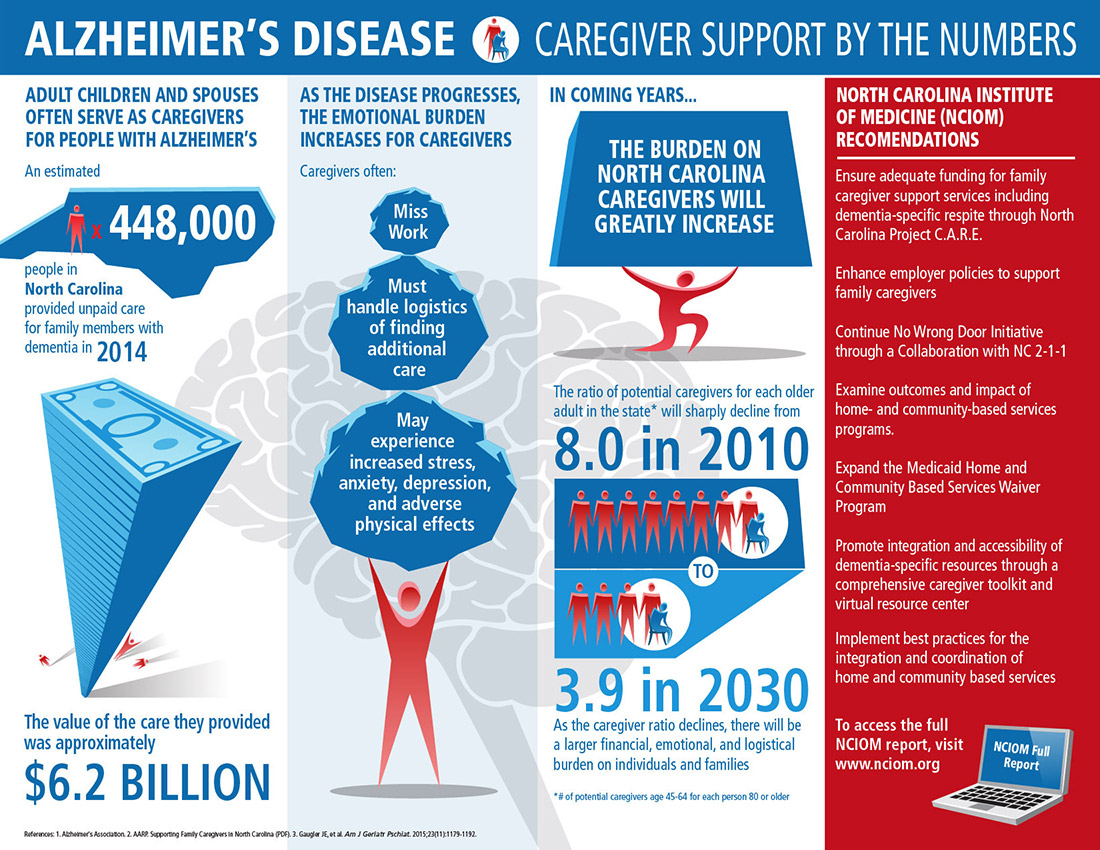AARP Hearing Center
This week North Carolina budget leaders head behind closed doors to negotiate differences between the State House and Senate versions of the budget. While the budget negotiations won’t be a shootout in the old west for now, several budget items will need to be negotiated before both chambers can approve a plan that must then be sent to the Governor for final approval before June 30 th.
Aging
To better address the needs of our aging population, the House budget recommends adding an Aging Subcommittee to the Joint Legislative Oversight Committee on Health and Human Services. The Senate does not include this addition.
According to the NC Division of Aging and Adult Services, 1 in 5 North Carolinians will be age 65 or older by the year 2025 and our 65 and older population will increase in the next 20 years from 1.5 to 2.5 million, AARP is urging policymakers at the federal, state, and local levels to prepare for this demographic shift.
Taxes
Tax Deduction - In regards to your wallets, both state budgets will slightly increase your standard tax deduction. Currently, the standard state tax deduction for married couples is $17,500. The Senate proposed increasing this deduction to $20,000 while the House has proposed a small increase to $18,500. Deduction increases were also proposed for other filing statuses and the final increases will be worked out in negotiations.
Lower Income Tax - The State Senate also proposed reducing state income taxes from 5.49% to 5.35%. The State House budget did not include this reduction.
Higher Mortgage and Property Cap - If you carry a mortgage or pay property taxes, both the House and Senate propose increasing the deduction cap for mortgage interest and property taxes from the current $20,000 to $22,000.
Although tax cuts may benefit some North Carolinians they reduce the availability of future funding for public education, essential community services, infrastructure and disaster recovery efforts.
Pension Deduction - No changes were incorporated by either chamber to reinstate pension deductions that were eliminated in 2013. Prior to 2014, state taxpayers were allowed a deduction on their state return for government retirement income – up to $4,000 – and private retirement income – up to $2,000. (Bailey protected retirees are not taxed on their retirement income. Link: http://www.dornc.com/taxes/individual/benefits.html)
Taxpayers were allowed a deduction on their NC return for government retirement income (up to $4,000) and private retirement income (up to $2,000), retirement benefits received by vested NC State government, NC local government, or Federal Government Retirees under the Bailey settlement, and Taxable Social Security.
Community-based Services
Although its not yet cause for celebration, both the House and Senate included nearly a million dollars - $969,549 - in a non-recurring funding for the Home and Community Care Block Grant. This grant funds community-based services such as senior transportation to doctor’s appointments and meal delivery programs at the county level. This funding was cut several years ago and the 2015 budget restored the cut but it was also non-recurring. To create stability for important programs that help people age in place and support family caregivers, AARP asked that this funding be a recurring appropriation in addition to increasing the funding for the Block Grant.
Alzheimer’s Registry
According to the Alzheimer’s Association, 1 in 10 North Carolinians are impacted by Alzheimer’s. The House budget appropriates $600,000 for the NC Institute of Medicine to create a computerized registry of Alzheimer’s patients. The Senate budget failed to fund this effort.
AARP is urging budget leaders to recognize the importance of preparing the state to meet the needs of people with Alzheimer’s and age-related dementia, by fully implementing the recommendations of a 2016 NCIOM Task Force Report.

State of NC Retirees
The House included a 1.6% cost of living increase for State of NC retirees. The Senate budget did not include an increase. Adequate COLA’s are essential if retirees are going to keep pace with rising health care costs and other needs critical to a secure retirement.
Keep up to date with further state budget developments and other legislative issues important to older adults and their families by signing up for free Action Alerts.































































